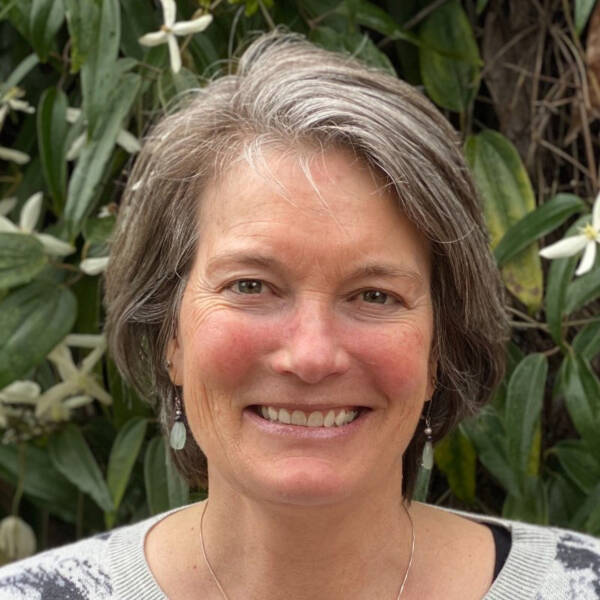In January, at the Martin Luther King Day Equitable Future Workshop on Vashon, I gathered with island neighbors to explore what it means to create an equitable society.
We raised more questions than we found answers, but a group of us are meeting to keep the energy moving forward, focusing on ways to help Vashon Island School District become a place where all children feel accepted, respected and loved.
It’s disturbingly easy to let this holiday pass unrecognized, to let Black History Month speed by with little more than a nod, to let the news of another Black person dying at the hands of police shock and then fade. But the stark truth is, I am a recovering racist.
What this means is that I take seriously the work to uncover my own ingrained beliefs and prejudices and that I have embarked on a lifelong journey to peel back layers of cultural bias. This requires brutal honesty and a vigilance that jolts me awake some nights and brings me to tears on others—it requires tough conversations and uncomfortable vulnerability, and it insists that I face my fears and stand up to racism.
I remember watching artist, author and abolitionist Patrisse Cullors unveil her neon sign artwork, “Abolition is … ” at Vashon Center for the Arts. Every time I pass this message, I try to fill in the blank. What IS abolition to me? What do I have to do with abolition? Everything, as it turns out.
When I trace my life’s achievements, I can follow the pathway of my privilege as an economically advantaged, college-educated white woman and how the color of my skin ensured my access to educational opportunities, job prospects, and a constant flow of other benefits. This allowed me to excel in a culture designed so that it is much easier to succeed as a white person than it is as a person of color.
“Abolition is … ” asks viewers “to heal, imagine, create and most importantly take action on the principles of abolition.” It is easy to say that we want an equitable society, and much harder to define what that means and move toward that goal. This neon sign is a reminder that anti-racism begins with me. It challenges me to keep anti-racism efforts front and center—a focus I consider as important to my well-being as being in nature, exercise, creative endeavors and friendships.
If you’re interested in starting your own journey in this work, I recommend reading “Me and White Supremacy,” by Layla F. Saad.
We can’t combat racism if we don’t know what it looks like, and Saad’s straightforward teaching invites us to examine how our own thoughts and behaviors contribute to promoting racism, often without our knowing it. The book also helped me pinpoint ways to effect change for a more equitable world. Through Saad’s words and those of friends, other authors, poets, podcasts, movies, TV shows, and social media, I widen my worldview to include the stories of Black, Indigenous and people of color.
What I have discovered has been by turns distressing, enriching, infuriating and joyful. I am often overwhelmed by the complexity of seemingly intractable systems and laid low by guilt. But I get over it and move forward, and I consider it a privilege of my privilege that I even have a choice in the matter.
Cullors’ website calls the “Abolition is …” artwork an invitation to joy, transformation and possibility. We are all integral to this transformation and we are all worthy of joy.
My choice to keep learning and acting on what I learn (and making mistakes!) is an investment in the future I want for everyone on our island, for my daughter, and for the world our young people are inheriting.
Saad calls it being a good ancestor, and I can’t think of anything more important to be.
Kathryn True is an islander who writes frequently for Vashon Nature Center and The Beachcomber.



